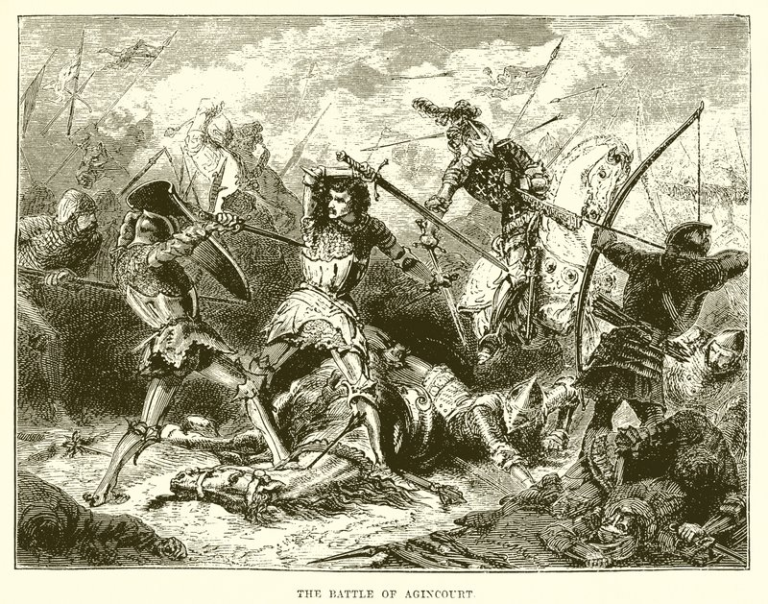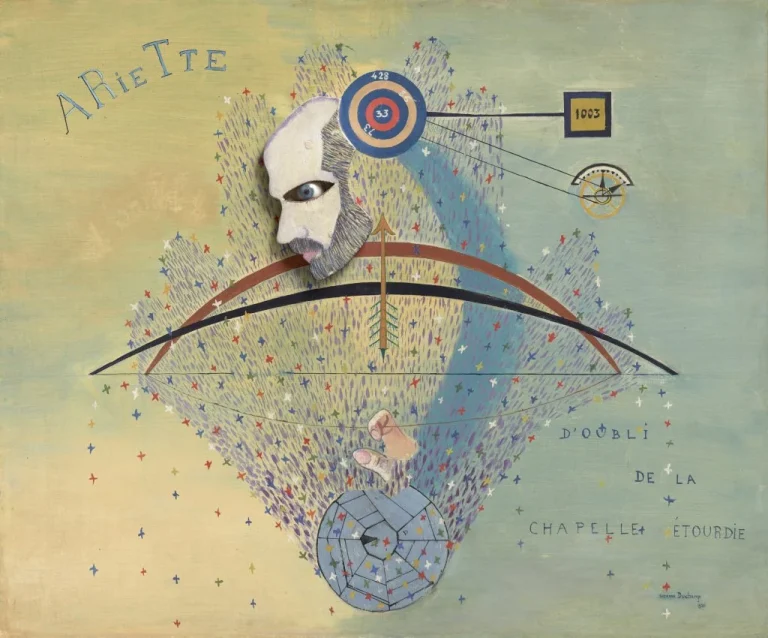
A cold, fox-coloured light runs across the ridge above the Rother, and a banner—dragon or cross according to the teller—leans into the breath from the Channel. Hooves churn the slope into a paste of chalk and blood; ash feathers from broken shafts; a conch of a horn blows once, twice, and dies. A man lifts his visor to prove that he breathes. Another tightens a grip on an ash-hafted axe and sets his boots against England. Through that image a whole year gathers itself, heavy with law and oath, with weather, wind, and the grain of men. A kingdom tilts, and hands on both coasts reach for the hinge.
To enter 1066 with clean measure, a reader must stand inside English custom and beyond it. The witan—a council as political as it was old—had long weighed the good of the realm when a king died without a son. Edward the Confessor, a saint in the making and a king with Norman ties in his bone, left England without a living boy; he left, instead, an expectation that the living should protect the land. Edgar Ætheling carried royal blood through his veins yet carried a child’s strength through his arms. Harold Godwinson, Earl of Wessex, carried bread, ships, coin, and a proven shield arm. On 6 January the council placed him under a diadem because the kingdom required a man who could ride the circuit, gather the fyrd, and hold the southern coast through a summer of watching.
Beyond that council chamber, another memory took shape in Norman rooms where relics lay thick inside oaken chests. William, Duke of Normandy, had breathed English air as a boy through Edward’s exile; he had housed Norman kin on English land through Edward’s favour. A promise runs two ways in such a web. Norman mouths repeated a tale in which Edward named William as heir by gratitude and prudence, and that tale found its seal in a scene with Harold that English hearts learned to hate: a shipwreck, a forced courtesy at a foreign court, and an oath upon saints carried in silver—an oath that, inside Norman telling, bound Harold to advance William at the hour of succession. A breach of such a pledge required penance. A breach by a crowned head required steel. Rome weighed the claims and, by autumn, Alexander II’s hand had blessed William’s venture with a ring and a banner, because reforming zeal in the papal curia aligned with a duke who promised discipline for a wealthy, unruly church across the water. A war for a crown thus learned the tone of a rite.
A third pressure moved from the north, older in style and younger in appetite. Harald Hardrada, king of Norway, already carried campaigns from Novgorod to Sicily in his bloodstream; he read the old treaty of 1038 with Danish eyes and found a claim that prized England as a prize once more. Tostig Godwinson, Harold’s brother, exiled and proud, offered a pilot’s hand and a traitor’s guide. By September, long ships slid up the Ouse, and men in mail with round shields sang hard songs at Riccall.
Harold, seated at the south with ships at anchor and the southern shires stretched thin with late harvest, heard the news and answered as a man answers a fire on his own roof. He dismissed the fyrd when food and patience ran dry, because a farmer’s duty to field and charter binds as closely as his duty to a king. He kept the housecarls—paid swords hardened in other kings’ wars—under the dragon of Wessex, then turned north with a pace that made chroniclers write as if Pegasus set the cadence. The road from London to York bends through Lincoln and Stamford; five days in the old reckoning set the march; cold air from the Humber cut the lungs as English boots cut the miles. On 25 September at Stamford Bridge, Harold took the Vikings in shirts, because victory at Fulford on the 20th had loosened helmets and coats on a warm morning; the bridge pinched the field; the axe-biters on both banks set a grim music; a berserk figure held the planks until an underbridge thrust found a gap. Hardrada fell with a throat-shot; Tostig fell near him; the survivors pledged peace and sailed home in a handful of ships. England breathed once, long and sore, and turned to the coast again.



